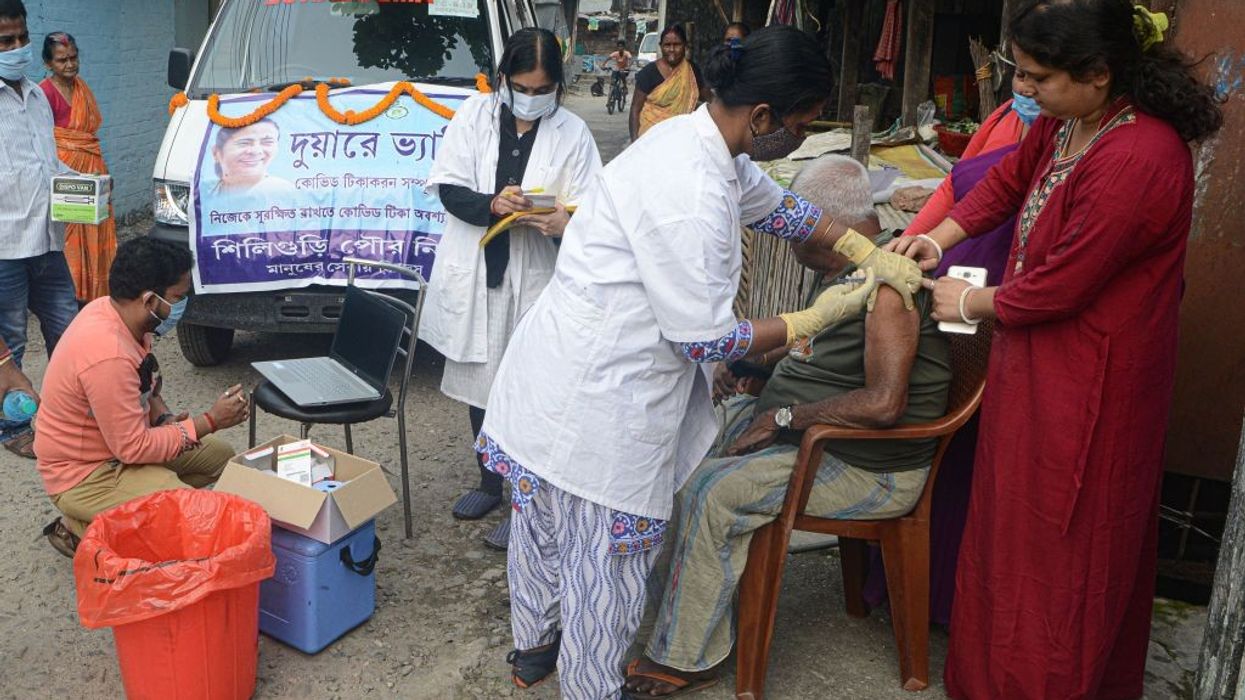TOP Indian genome scientists have recommended a booster dose of the Covid-19 vaccine for those above 40 years with preference to high-risk and high-exposure population.
The weekly bulletin of the Indian SARS-CoV-2 genomics sequencing consortium (INSACOG), a network of national testing labs set up by the government to monitor genomic variations of Covid-19, has made the suggestion.
The network has urged speedy vaccination for all remaining unvaccinated at-risk people and consideration of a booster dose for those over 40.
The recommendation came amid demands for a booster dose of covid vaccines by lawmakers during a discussion in the Lok Sabha on the pandemic situation in the country.
India reported its first two cases of the Omicron coronavirus variant on Thursday (2) but the government said it had no immediate plan to authorise booster vaccine shots despite demands from lawmakers.
The federal health ministry said two male patients with the new strain, aged 66 and 46 years, had shown mild symptoms.
According to the scientists, genomic surveillance will be critical for early detection of the presence of the Omicron variant, to enable necessary public health measures.
It also recommended monitoring travel to and from the known affected areas, and contact tracing of Covid-19 cases with an epidemiological link to the affected areas has been implemented along with increased testing.
"Low levels of neutralising antibodies from current vaccines are unlikely to be sufficient to neutralise Omicron, although the risk of severe disease is still likely to be reduced," the consortium said.
New Covid-19 infections in the country stood at 9,216 on Friday (3). India's tally of Covid-19 infections is 34.62 million, government figures show, with the death toll rising 391 on Friday to 470,115.





